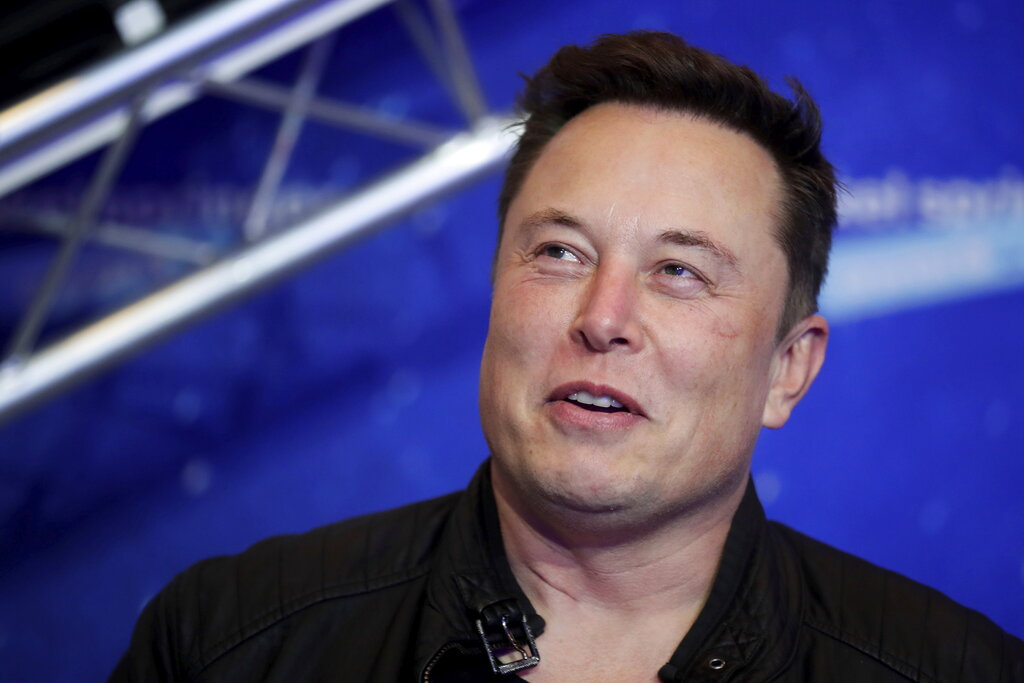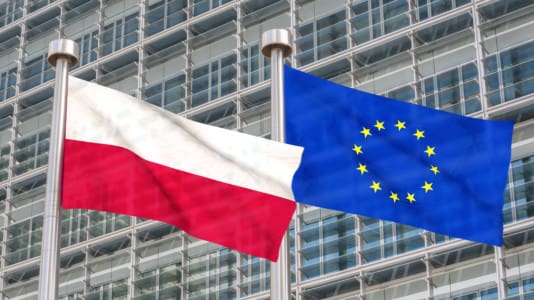The Starlink terminals created by Elon Musk’s firm SpaceX enable the Ukrainian army and civilians to use the internet. Out of the 20,000 of these terminals being used in Ukraine, 11,700 were purchased by Poland.
The terminals help the Ukrainian military conduct surveillance and communicate. The systems are also used by civil society organizations and infrastructure operators. They are connected to satellites, enabling the Ukrainians to bypass any attacks on their own internet infrastructure that Russia might launch.
Just after the start of the war, Musk’s company granted access to Starlink for the Ukrainian authorities. However, in reality, 85 percent of the 20,000 terminals were funded from U.S., Polish, and British sources, as acknowledged by SpaceX in its communications with the Pentagon.
These governments have also financed around 30 percent of the internet connection costs for the terminals. The cost per unit averages around $4,500 per month.
According to the Polish government, Poland bought 11,700 Starlink terminals, 5,000 of which were purchased by Polish fuel giant PKN Orlen. SpaceX promised to fund the operational costs of these Orlen-funded terminals. These figures indicate that Poland is the biggest provider of Starlink terminals to Ukraine, each costing $1500 to $2,500. SpaceX pays around 70 percent of the higher operational costs of internet connectivity.
The Ukrainians are now asking SpaceX for an additional 6,200 terminals and around 500 new terminals every month to replace those which on average the Russians manage to destroy in that time. SpaceX wants the Pentagon to fund this bill, which would come to $380 million. According to Musk, the Starlink terminals are using up to 100 times more in data transmission compared to domestic use.
Musk has meanwhile been embroiled in a controversial peace plan that has been rejected by Ukraine. He has also refused to assist the Ukrainians with any operations in Crimea. In response to remarks made by a Ukrainian diplomat on his peace plans, Musk hit back saying that his company can mind its own business and stop providing its support for the Starlink service.
He has, however, since walked back that comment, announcing on Twitter that his firm will continue with its support in Ukraine despite what he views as inadequate public funding for the operation.






